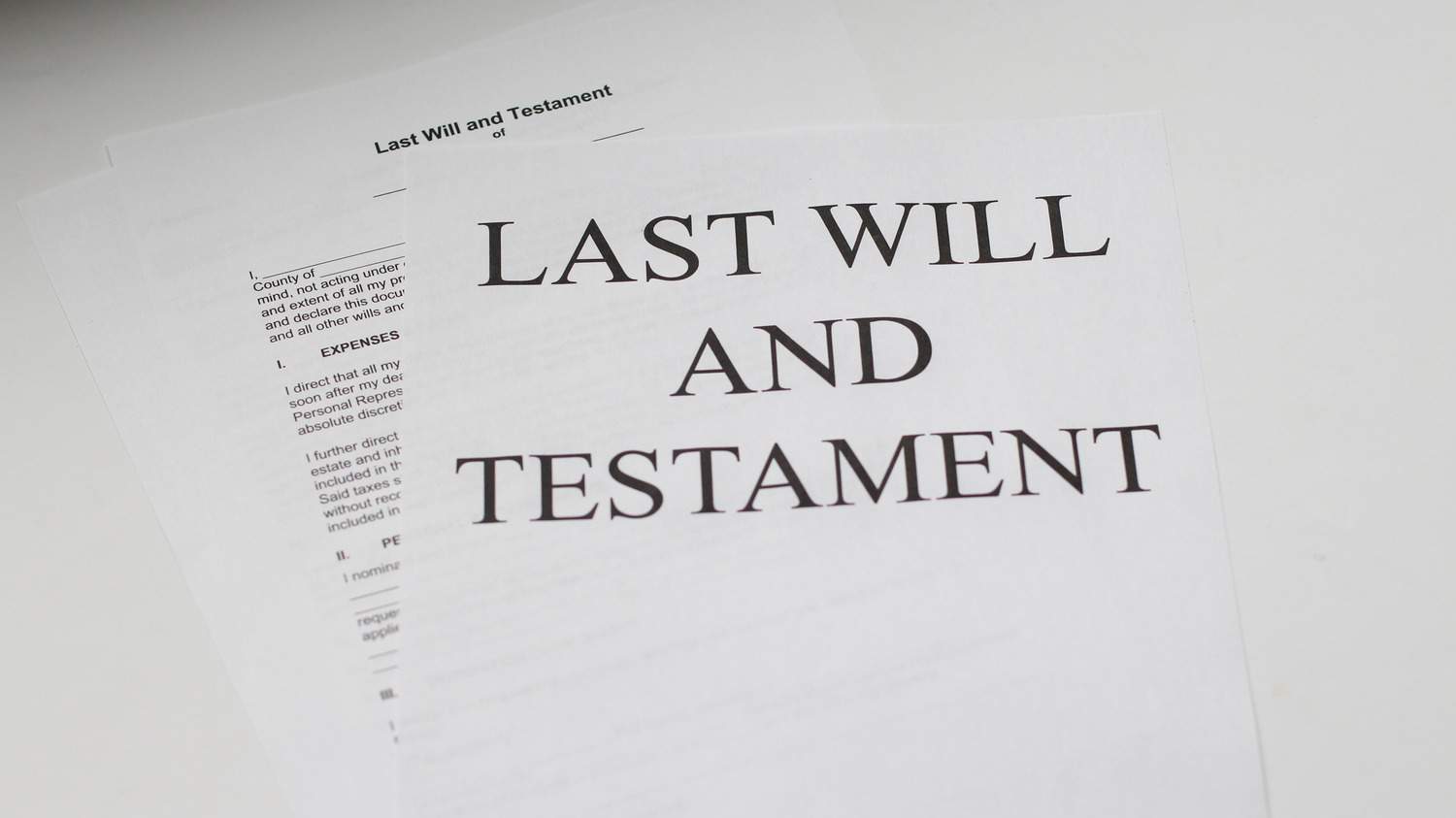You Need To Avoid These Mistakes
JVP Law, PLLC, has the experience to understand that estate planning is an essential aspect of financial planning and an important consideration for all individuals, especially those who live in Texas. Estate planning helps individuals ensure that their assets and property are protected and distributed according to their wishes. The most vital element of estate planning is creating a will.
A will is a legal document that outlines an individual’s wishes for their assets and property after death. It is a crucial aspect of estate planning and provides individuals with peace of mind, knowing their final wishes will be followed.
In this blog, I will talk about the importance of a will in estate planning for Texas residents. I will cover topics such as the benefits of having a will, creating a will, common mistakes to avoid in estate planning, and much more. By the end of this blog, you will understand the importance of a will in estate planning and how it can benefit you and your loved ones.
Mistake #1: Not Having a Will
One of the biggest mistakes a person can make when it comes to estate planning is not having a will. A will is a legal document that outlines your wishes for your assets after you pass away. Without a will, your assets will be distributed according to the laws of the state of Texas, which may not align with your wishes. This can lead to unnecessary taxes, probate, and family disputes.
Mistake #2: Not Keeping Your Estate Plan Up to Date
Another common mistake that individuals make when it comes to estate planning is not keeping their estate plans up-to-date. Estate plans should be reviewed and updated regularly to ensure that they reflect your current wishes and circumstances. For example, if you have a change in marital status, the birth or adoption of a child, or a change in the value of your assets, you should update your estate plan to reflect these changes.
I often see individuals who have not updated their estate plans in many years, which can lead to confusion and conflict among their loved ones. An outdated estate plan can also result in unintended consequences, such as taxes, probate, and disputes.
To ensure that your estate plan is up-to-date, I recommend that you schedule regular reviews with your estate planning attorney. This will give you the opportunity to review your estate plan and make any necessary changes. It is also important to keep your estate planning attorney informed of any significant changes in your life so that they can advise you on the best way to update your estate plan.
Mistake #3: Not Considering Estate Taxes
Estate taxes can have a significant impact on your estate and the assets that you pass on to your loved ones. However, many individuals in Plano, Texas, fail to consider the potential impact of estate taxes when planning their estate.
As an estate planning attorney, I often see individuals who have not taken steps to minimize their estate taxes, which can result in a significant loss of assets for their heirs. Estate taxes can be complex, but there are strategies that you can use to minimize your tax liability, such as gifting, establishing trusts, and making charitable donations.
I recommend that you speak with an estate planning attorney to determine the best strategies for minimizing your estate taxes. With proper planning, you can ensure that more of your assets are passed on to your loved ones rather than going to the government in the form of taxes.
Mistake #4: Not Protecting Your Assets from Creditors
Another common mistake that individuals make when planning their estate is not protecting their assets from creditors. Your assets may be at risk from creditors, such as banks, credit card companies, and other debtors, in the event of your passing.
To protect your assets from creditors, I recommend that you consider using trusts, life insurance policies, and other strategies. These tools can help you protect your assets and ensure that they are distributed according to your wishes after you pass away.
I also advise my clients to review their insurance coverage regularly to make sure that they have adequate protection. This includes life insurance, disability insurance, and long-term care insurance. By having proper insurance coverage, you can ensure that your assets are protected and that your loved ones are taken care of in the event of your passing.
Mistake #5: Not Having a Plan for Incapacity
The final estate planning mistake to avoid is not having a plan for incapacity. Incapacity refers to the inability to make decisions for yourself due to an illness, injury, or other condition.
Many individuals fail to plan for the possibility of incapacity, which can result in their assets being mismanaged and their wishes being ignored. To avoid this, I recommend that you have a plan in place for the event of your incapacity.
This can be avoided by creating a power of attorney, which allows you to appoint someone to make decisions on your behalf in the event of your incapacity. I also recommend that you have a living will, which outlines your wishes for end-of-life care in the event of incapacity.
By having a plan in place for your incapacity, you can ensure that your wishes are respected and that your assets are properly managed if you are unable to make decisions for yourself.
Final Thoughts on Estate Planning
Estate planning is an important step in ensuring that your assets are properly managed and that your wishes are respected after you pass away. By avoiding these common mistakes, you can ensure that your estate plan is effective and meets your needs.
If you have any questions or need more information on estate planning in Plano, Texas, please feel free to contact JVP Law, PLLC. As an experienced estate planning attorney, I can help you create an effective estate plan that meets your needs and protects your assets.











